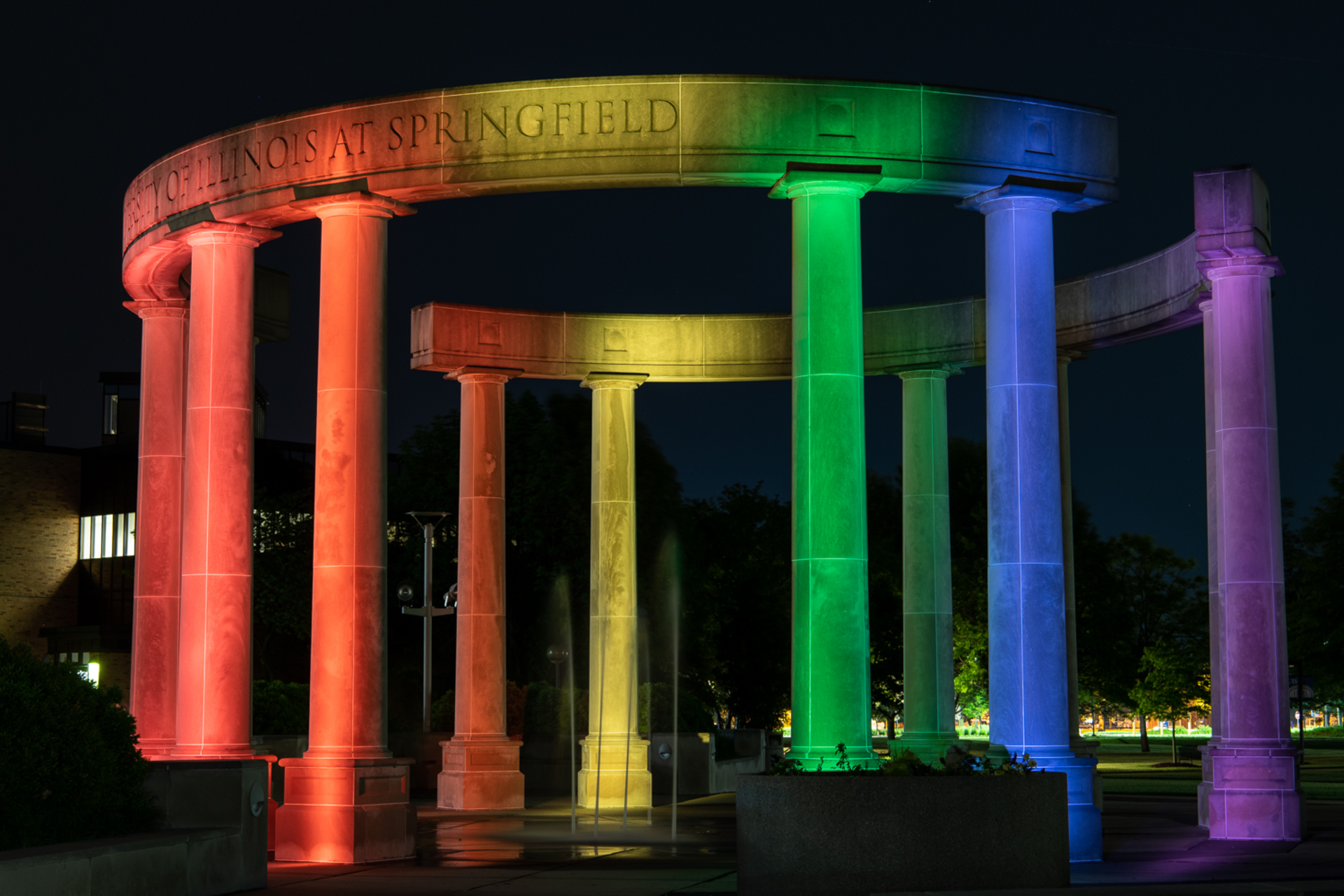Current Immigration Concerns
Read the UIS Immigration page for information and resources for international immigrant communities at UIS.
Executive and Regulatory Actions Under the Second Trump Administration.
F-1 International Students should continue to follow the steps to Maintain Your Immigration Status, which includes the access to your immigration documents. At this time, there have been no changes regarding when or whether to carry your immigration documents. Always bring the originals when traveling out of town. See the Travel Page for what documents to carry when traveling inside and outside the U.S.A.
Travel Advisories
Always refer to our Travel Webpage prior to planning any trips outside the USA, to ensure you have the appropriate documentation, including a Travel Signature from our office.
USCIS Issues Policy Guidance Clarifying How Federal Controlled Substances Law Applies to Naturalization Determinations
USCIS is issuing policy guidance in the USCIS Policy Manual to clarify that violations of federal controlled substance law, including violations involving marijuana, are generally a bar to establishing good moral character for naturalization, even where that conduct would not be an offense under state law. The policy guidance also clarifies that an applicant who is involved in certain marijuana-related activities may lack good moral character if found to have violated federal law, even if such activity has been decriminalized under applicable state laws.
Since 1996, some states and the District of Columbia have enacted laws to decriminalize the manufacture, possession, distribution, and use of both medical and non-medical (recreational) marijuana in their respective jurisdictions. However, federal law classifies marijuana as a “Schedule I” controlled substance whose manufacture (which includes production, such as planting, cultivation, growing, or harvesting), distribution, dispensing, or possession may lead to immigration consequences.
UIS Statement on Immigration
“The University of Illinois Springfield fosters and celebrates the diversity of its students, faculty, and staff as a foundational aspect of our mission and our service to the public good. We support the safety, well-being, and success of all members of our University community, including those whose families have immigrated to the United States and those who have traveled to UIS and the surrounding community to study, research, teach, or serve as staff and administrators. Creating a campus that is welcoming and inclusive to all is vital to our mission, vision, and values, and is also vital to our goal of creating and sustaining global leaders, scholars, and citizens, through engagement and innovation.”
